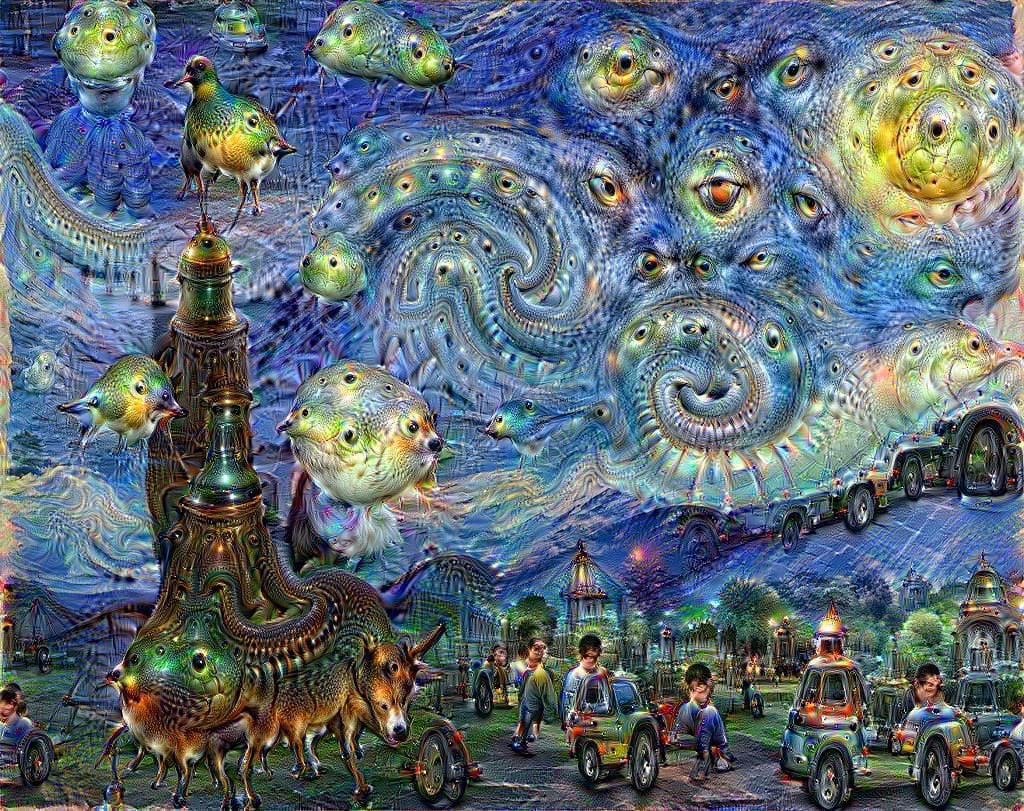
Predicting a Slot Machine's PRNG
Inside every casino slot machine manufactured today is a computer chip called a random number generator, sometimes referred to as the heart and soul of the 'one-armed bandit' because it determines the outcome of every bet and play. (RNG's generate number combinations reflected on symbols that appear on the payline of a reel to indicate whether.
Wired is reporting on a new slot machine hack. A Russian group has reverse-engineered a particular brand of slot machine — from Austrian company Novomatic — and can simulate and predict the pseudo-random number generator.
The cell phones from Pechanga, combined with intelligence from investigations in Missouri and Europe, revealed key details. According to Willy Allison, a Las Vegas-based casino security consultant who has been tracking the Russian scam for years, the operatives use their phones to record about two dozen spins on a game they aim to cheat. They upload that footage to a technical staff in St. Petersburg, who analyze the video and calculate the machine’s pattern based on what they know about the model’s pseudorandom number generator. Finally, the St. Petersburg team transmits a list of timing markers to a custom app on the operative’s phone; those markers cause the handset to vibrate roughly 0.25 seconds before the operative should press the spin button.
“The normal reaction time for a human is about a quarter of a second, which is why they do that,” says Allison, who is also the founder of the annual World Game Protection Conference. The timed spins are not always successful, but they result in far more payouts than a machine normally awards: Individual scammers typically win more than $10,000 per day. (Allison notes that those operatives try to keep their winnings on each machine to less than $1,000, to avoid arousing suspicion.) A four-person team working multiple casinos can earn upwards of $250,000 in a single week.
The easy solution is to use a random-number generator that accepts local entropy, like Fortuna. But there’s probably no way to easily reprogram those old machines.
Posted on February 8, 2017 at 6:48 AM • 31 Comments
Hacking Slot Machines by Reverse-Engineering the Random Number Generators
Interesting story:
Slot Machine Random Number Generator

The venture is built on Alex’s talent for reverse engineering the algorithms — known as pseudorandom number generators, or PRNGs — that govern how slot machine games behave. Armed with this knowledge, he can predict when certain games are likeliest to spit out moneyinsight that he shares with a legion of field agents who do the organization’s grunt work.
These agents roam casinos from Poland to Macau to Peru in search of slots whose PRNGs have been deciphered by Alex. They use phones to record video of a vulnerable machine in action, then transmit the footage to an office in St. Petersburg. There, Alex and his assistants analyze the video to determine when the games’ odds will briefly tilt against the house. They then send timing data to a custom app on an agent’s phone; this data causes the phones to vibrate a split second before the agent should press the “Spin” button. By using these cues to beat slots in multiple casinos, a four-person team can earn more than $250,000 a week.
It’s an interesting article; I have no idea how much of it is true.
The sad part is that the slot-machine vulnerability is so easy to fix. Although the article says that “writing such algorithms requires tremendous mathematical skill,” it’s really only true that designing the algorithms requires that skill. Using any secure encryption algorithm or hash function as a PRNG is trivially easy. And there’s no reason why the system can’t be designed with a real RNG. There is some randomness in the system somewhere, and it can be added into the mix as well. The programmers can use a well-designed algorithm, like my own Fortuna, but even something less well-thought-out is likely to foil this attack.
Slot Machine Random Number Generator
Posted on August 7, 2017 at 6:00 AM • 43 Comments